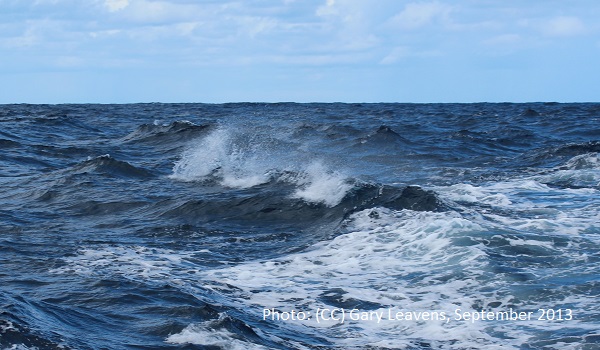The Spanish government does not agree to transferring migrants who arrive in the Canary Islands to the Spanish mainland, despite reception offers from several regions. Instead, it seeks to cooperate with African states on returns and deterrence.
The Spanish government remains firm on not transferring migrants who arrive in the Canary Islands to the Spanish mainland, despite demands from the islands’ government as well as reception offers from the regional governments of Extremadura, Valencia, Navarre, Basque Country, Castile and León, and from the city of Barcelona. EL Pais reports that 1,800 vulnerable people have been transferred to the mainland between September 2019 and October 2020. Further, about 200 people have been deported and an undetermined number managed to travel to the peninsula with their own means. With about 17,000 arrivals in 2020, thousands remain stuck on the islands. According to the Spanish government, transfers to the mainland would be a pull-factor for more arrivals and European partners would not tolerate such move. Instead, it counts on returns and on expanding reception capacities on the islands.
During a visit to Senegal last week, Arancha González Laya, the Spanish Foreign Minister, and Senegalese authorities agreed to “shortly” resume deportations which were halted due to the pandemic. González Laya also announced that Spain would increase its police presence in Senegal and send an additional patrol vessel and an observation plane in addition to the existing two Spanish patrol boats and helicopter stationed in Senegal to help the country tackle migrants’ departures. It was also agreed to strengthen social rights of Senegalese nationals legally residing in Spain and to promote regular migration channels. However, details remain unspecified.
Next week, Commissioner for Home Affairs Ylva Johansson plans to visit Morocco in order to discuss migration. Moroccans represent a substantial share of people who have arrived in the Canary Islands and also in Italy in 2020. When visiting the Canary Islands earlier this month, Johansson stressed that everyone without protection needs must be returned.
In view of the undergoing plans to provide accommodation for 7,000 people in temporary reception camps on the Canary Islands, Doctors of the World warn that accommodating people in tents “will not substantially improve their conditions”. The organisation stresses that people arriving in the islands, often exhausted after their long journeys, must be guaranteed access to sanitary accommodation, health care, safe drinking water and adequate food. Further, safe channels to the mainland need to be established.
On 23 November, a crew of the recently founded search and rescue organisation SARAH-Seenotrettung arrived in the Canary Islands for its first observation mission. Several hundred people have died during their attempt to reach the Canary Islands this year.
For further information:
- ECRE, Atlantic Route: Alarm over Inadequate Reception as Arrivals to the Canary Islands Continue to Increase, November 2020
- ECRE, Atlantic Route: Arrivals Continue, Miserable Conditions at Arguineguín Pier, Ombudsman Investigating Lack of Legal Assistance, November 2020
- ECRE, Atlantic Route: People Face Death at Sea and Miserable Conditions upon Arrival in the Canary Islands, High Prosecutor’s Office Prohibits Separation of Children, October 2020
- ECRE, Atlantic Route: Arrivals in Canary Islands Continue to Rise, more than 1,000 People Cramped at Arguineguín Pier, Children Separated from their Parents for Months in Order to Prove Kinship, October 2020
- ECRE, Spain: Exponential Increase in Arrivals in the Canary Islands, Capacity Stretched, Intense Rescue Activity in Spanish Waters, October 2020
- ECRE, Spain: Surge in Arrivals via the Atlantic Route, Devastating Conditions in Melilla Continue, People Rescued South of Granada, September 2020
- AIDA, AIDA 2019 update: Spain*, April 2020
- ECRE, Op-ed: Cooperation with Morocco in the EU’s African Border – a laboratory of externalization, January 2018
Photo: (CC) Gary Leavens, September 2013
This article appeared in the ECRE Weekly Bulletin. You can subscribe to the Weekly Bulletin here.

